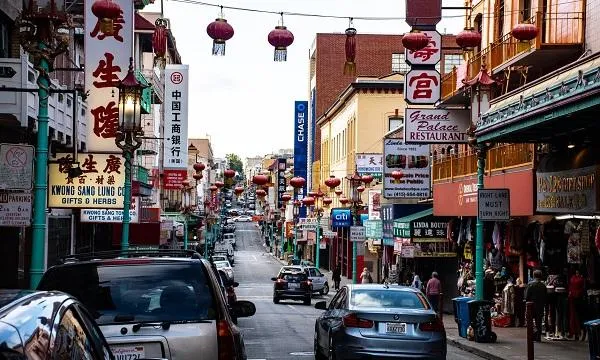
Weekly News Wrap: China’s retailers face cautious consumers; E-commerce giants flock to growing Vietnam market
And Alibaba-backed Xiaohongshu’s Weibo account goes dark after Tiananmen post.
From Bloomberg:
Li Weiyao, a 26-year-old tea shop owner and tea farmer in Xishuangbanna, a famous tourism destination in southern China’s Yunnan province, says the impact from the pandemic on his business is far from over.
“There are a lot fewer travelers now, and even those who come into the shop are much less willing to make a purchase,” said Li. Monthly sales plunged to around $312.67 (RMB2,000) now from as much as $3126.66 (RMB20,000) before the pandemic, he said.
China’s retail sales expanded 17.7% in April, far slower than a projected 25% rise. Growth softened to 4.3% in April on an average two-year basis from 6.3% in March, with the consumption of goods and catering services both turning weaker, denting expectations that consumer demand was beginning to replace investment as a driver of growth.
Read more here.
From Bloomberg:
For the first time in their shopping lives, Vietnamese are being wooed with customer-first retail common in developed economies as dozens of e-commerce companies build loyalty among the nation’s growing middle class.
A consortium led by Alibaba Group and Baring Private Equity Asia is investing $400m for a 5.5% stake in Vietnamese conglomerate Masan Group’s retail arm. As part of the deal, Masan will team up with Lazada, Alibaba’s Southeast Asia e-commerce unit.
M-Service JSC, a local startup that operates the MoMo payment app, raised more than $100m from a group of investors including Warburg Pincus.
Startups backed by Warburg Pincus and JD.com, regional players including Singapore’s Sea’s Shopee and even Amazon.com Inc. are also targeting the country’s growing middle class.
Read more here.
From Reuters:
A social media account for Chinese e-commerce site Xiaohongshu, or "Little Red Book," was unavailable on 6 June, after it issued a post during the anniversary of the 1989 crackdown on pro-democracy activists in Tiananmen Square.
The post on its account on China's Weibo said, "Tell me loud: what's the date today?", according to a screenshot seen by Reuters. That post was quickly deleted by Xiaohongshu, according to a person familiar with the matter.
A Weibo search for Xiaohongshu's official account yielded no results on 6 June, although its own app appeared to be functioning normally. Some online searches said the account was unavailable "due to complaints of violations of laws and regulations and the relevant provisions of the Weibo Community Convention".
Read more here.



















 Advertise
Advertise






